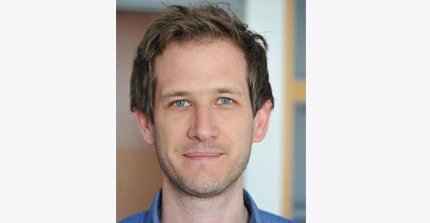Careers in science and academia
For students who are passionate about a particular subject area, it makes sense to stay at the university after graduation and/or to go into research. This constitutes an appealing opportunity to make direct use of knowledge acquired during your studies. Nevertheless, many people are still unsure when it comes to the actual details of a career path in science and academia.
Universities in Germany are structured as follows:
The highest level is formed by the Senate, which consists of representatives of the student body, academic staff, professors and administrative staff. It is chaired by the president of the university. The Senate's responsibilities include general university matters such as degree programs, examination regulations and budget planning. A university also consists of different faculties, which include the various departments. At the University of Potsdam, the Department of History, for example, belongs to the Faculty of Arts. Within the departments there are different chairs, which represent thematic focal points. These chairs are held by professors who, in turn, provide guidance for the research assistants that work there.
The path of an academic or scientific career normally runs through the stages of a degree program followed by a doctorate, a postdoc phase and then, ideally, a junior professorship or a full professorship. The earlier one starts publishing articles in specialist journals, attending conferences and establishing relationships with other academics and the scientific community, the better it is for one’s career. At specialist conferences, relationships can be cultivated and third-party funding can be acquired. Apart from that, teaching and research as well as contacts to foreign universities are important for an academic or scientific career.
However, one can observe that on average only 20% of those who have completed their doctorate are still working at the university one and a half years after graduation. Based on this, it becomes evident that not every person who finishes his or her doctorate can actually hope to be selected for a chair in the end. In addition, it is customary for postdocs to be given only fixed-term contracts over a long period of time until a permanent position is hopefully offered in the end.
Of course, doing research is not exclusively the domain of universities. Research can also be pursued at research institutions such as foundations or associations as well as in commercial enterprises. It is possible to carry out fundamental research as well as research for specific projects – for example product development.

